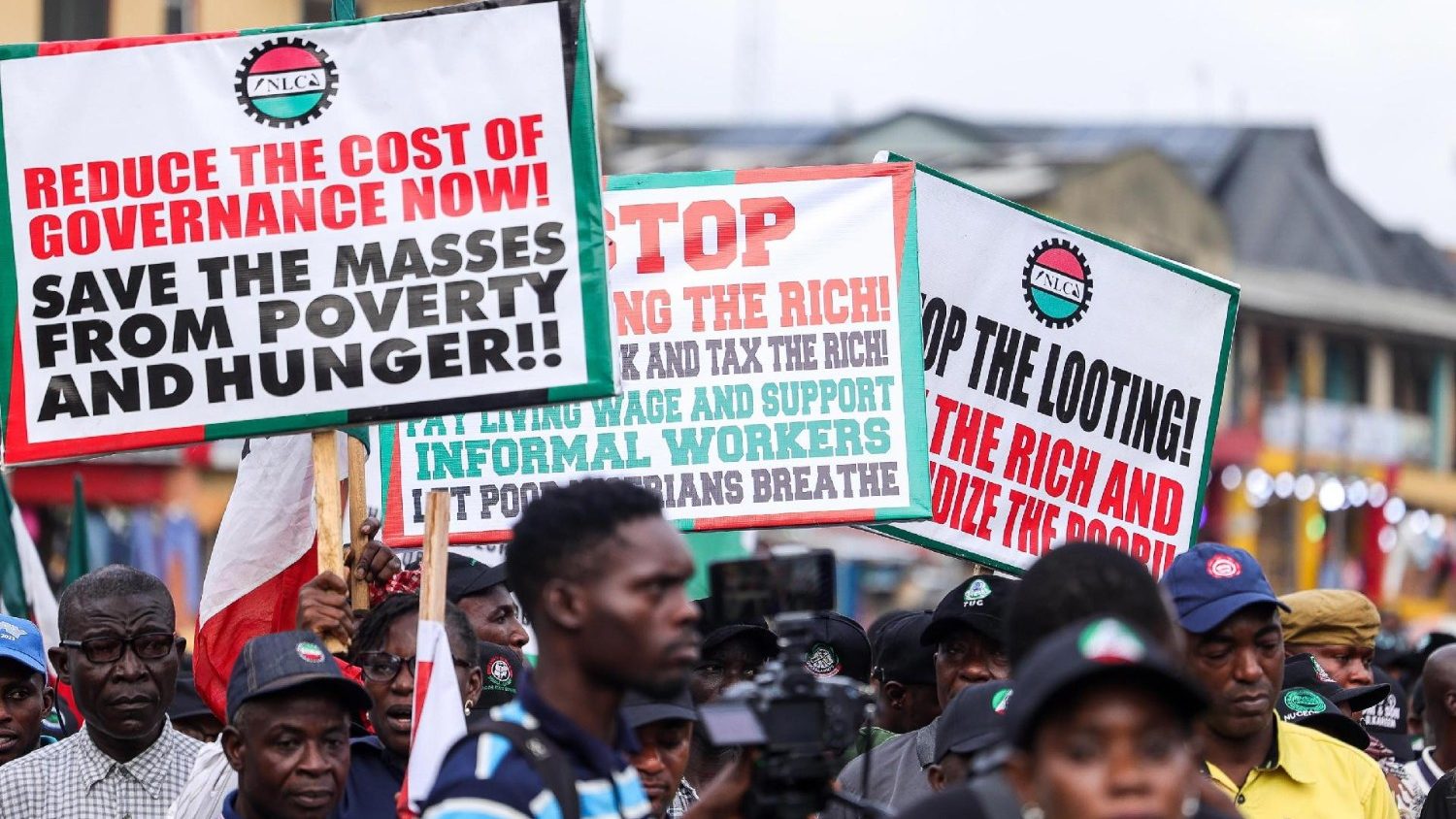Nigerian workers have decried the deteriorating living standards of workers, calling on the government to address the development.
Speaking with the News Agency of Nigeria (NAN) on Thursday, in Ibadan, during the 2025 May Day celebration, some of the workers expressed concerns over the impoverished condition many ordinary Nigerian live in.
According to them, several factors, such as high electricity/internet tariff, pump price of petrol, introduction of numerous taxes, among others have negative effect on workers.
Mr Samson Oloyede, an official of the Nigeria Labour Congress (NLC), said that Nigeria’s workforce had ‘gone above and beyond’ for the country’s progress.
Oloyede, who said Nigerian workers deserve appreciation and respect for their contributions to national development, implored government to urgently address the plight of workers and vulnerable Nigerians.
He drew government’s attention to some of the areas that need to be addressed to enhance the living standard of workers.
Oloyede cited the high cost of fuel, rising food costs, and inflation, which continue to adversely affect workers’ net income.
Also, Mr Timi Olougbebe, a member of the Tricycle Association of Nigeria, corroborated Oloyede, stating that fuel prices have gone up beyond the reach of ordinary Nigerians.
Olougbebe said that transport fares have increased, prices of goods, including motor spare parts and other items are galloping.
“Just imagine, purchasing on installment a brand new Tricycle machine for N4million.
“The hardship in the country have resulted in the untimely death of many Nigerians, and calls for urgent intervention,” he said.
On her part, Mrs Modupe Ojo, a federal civil servant, urged government to review some of its policies towards mitigating the economic hardship facing workers and Nigerians at large.
“Government should take proactive measures that will impact positively on the generality of citizens’ living conditions.
“It is very unfortunate that the so called N70,000 minimum wage could not match the current hyperinflation in the country,” she stated.
A member the National Union of Road Transport workers (NURTW), who simply identified himself as Kunle, urged government to reduce import duty on vehicles.
Kunle noted that naira depreciation and increased import duty have made it difficult for transporters to buy vehicles for their operations.
According to him, the removal of fuel subsidy had adversely affected the operations of commercial drivers.
Speaking in the same vein, Mr Jimoh Adeleke, a federal civil servant, appealed to the government to review the N70,000 minimum wage.
According to him, the minimum wage could no longer match the current inflation rate in Nigeria.
Adeleke also pleaded with the Federal government to pay the five months arrears of wage award at once, instead of in installments.(NAN)










Got a Questions?
Find us on Socials or Contact us and we’ll get back to you as soon as possible.